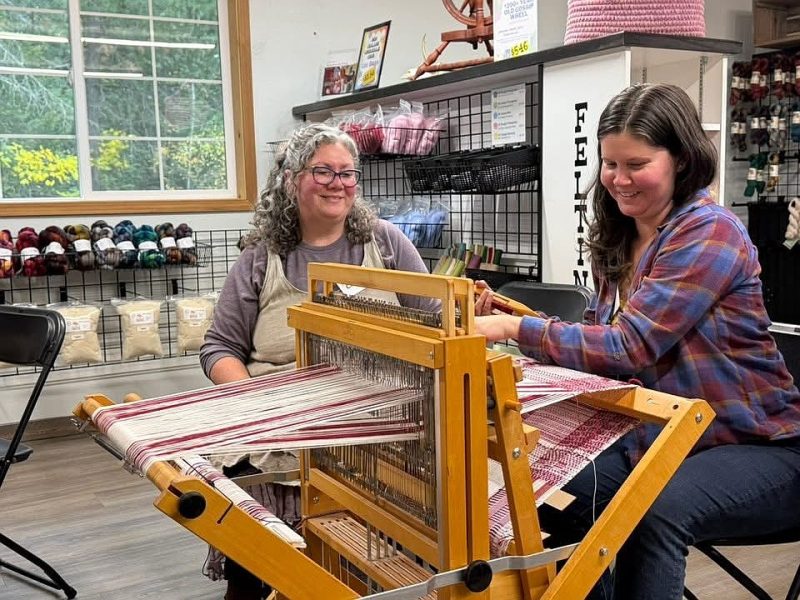Planning for retirement is a crucial step for everyone, but for single women, it can present a unique set of challenges. What retirement looks like for single women in America is often shaped by factors like the gender pay gap, career interruptions for caregiving, and a longer lifespan.
However, it's important to remember that retirement isn't a one-size-fits-all proposition. Single women are forging their own paths, and this guide explores the financial considerations and inspiring possibilities that await them.
Financial Challenges Faced by Single Women in Retirement
Income Disparities and Career Interruptions

Freepik | Women generally earn less than men over the course of their careers.
Women typically earn less than men throughout their careers. Moreover, women are more than twice as likely as men to take extended breaks from work to care for children or aging parents. According to a Goldman Sachs survey of 5,261 Americans, these career interruptions and wage gaps accumulate over time, resulting in reduced retirement savings and smaller Social Security checks.
Social Security and Retirement Savings
Social Security benefits are often lower for women who claim them early. For example, women who claim between the ages of 62 and 64 receive checks that are, on average, 20% smaller than those received by men of the same age. Additionally, single women generally have smaller 401(k) and IRA balances compared to their male counterparts.
Statistics from Boston College’s Center for Retirement Research indicate that single women aged 55 to 64 have an average of $88,600 in retirement savings, whereas single men have about $136,685, and married couples have around $423,800.
Strategies for Managing Retirement
Adjusting Spending and Lifestyle

Freepik | Many single women adapt their lifestyles and spending habits to effectively.
Despite these financial hurdles, many single women adjust their lifestyles and spending habits to manage retirement effectively. For instance, some choose to downsize their living arrangements, relocate to areas with a lower cost of living, or find ways to generate additional income through part-time work or side businesses.
Seeking Professional Financial Advice
Consulting with financial advisors can be beneficial. Financial planners can help devise strategies to maximize retirement savings, manage investments, and ensure that Social Security benefits are claimed at optimal times.
Exploring New Opportunities in Retirement
Pursuing Passions and Hobbies
Many single women find retirement an ideal time to pursue passions and hobbies they previously couldn't due to work or caregiving responsibilities. From launching new businesses to traveling the world, retirement offers a chance to explore personal interests.
Volunteering and Community Engagement
Engagement in volunteer work and community activities is another rewarding pursuit. It not only provides a sense of purpose but also helps build new social connections. Volunteering can range from participating in local charities to offering professional expertise in various capacities.
Financial Tips for Single Women Planning Retirement

Freepik | Consider part-time employment or freelance work to supplement retirement income.
Maximize Social Security Benefits
- Delay Claims: Waiting until full retirement age or later can significantly increase monthly benefits.
- Understand Spousal Benefits: Even single women may be eligible for spousal or survivor benefits if they were previously married.
Diversify Income Sources
- Part-Time Work: Consider part-time employment or freelance work to supplement retirement income.
- Invest Wisely: Consult with financial advisors to create a diversified investment portfolio that balances risk and return.
Plan for Healthcare Costs
- Long-Term Care Insurance: Investigate options for long-term care insurance to cover potential future healthcare needs.
- Health Savings Accounts (HSAs): Contribute to HSAs during working years to save for medical expenses in retirement.
Understanding what retirement looks like for single women involves recognizing the unique financial challenges they face and the diverse strategies they employ to lead fulfilling lives. Whether through meticulous financial planning, pursuing passions, or engaging in community work, single women find ways to make their retirement years both manageable and rewarding. By adopting smart financial practices and staying active, single women can navigate retirement successfully and enjoy the freedom it offers.




